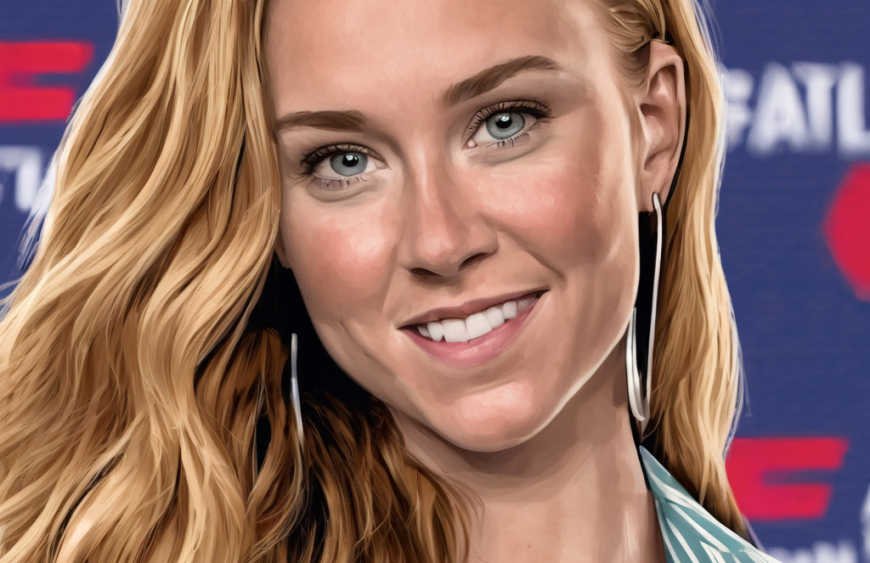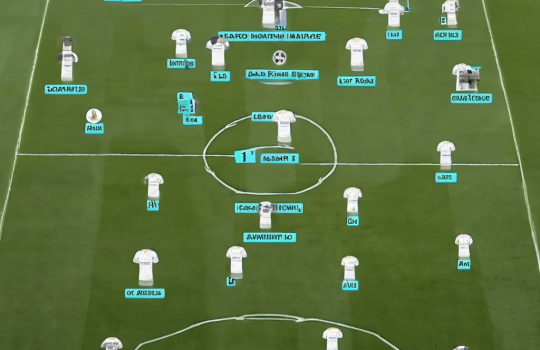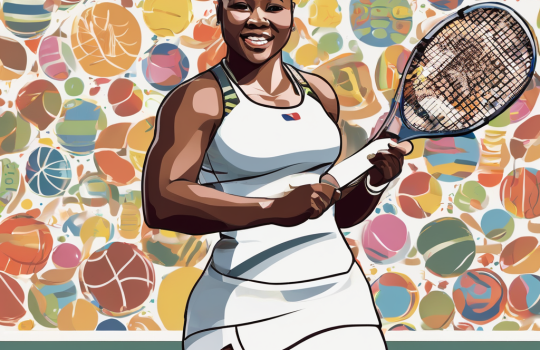Elle Duncan’s Paige Bueckers ‘Hot Girlfriend’ Comment: Analyzing the ESPN Analyst’s Remark and Social Media Reaction

Elle Duncan’s Paige Bueckers ‘Hot Girlfriend’ Comment: Analyzing the ESPN Analyst’s Remark and Social Media Reaction
An off-the-cuff remark by ESPN analyst Elle Duncan during a segment discussing Paige Bueckers’ recent WNBA Rookie of the Year win has ignited a social media firestorm. Duncan, while praising Bueckers’ on-court achievements, referred to her girlfriend, reportedly Azzi Fudd, as a “hot girlfriend.” The comment, seemingly intended as a lighthearted observation, has sparked debate about its appropriateness and potential impact.
While some viewers found the remark harmless and even humorous, others criticized it as unprofessional, objectifying, and irrelevant to Bueckers’ athletic accomplishments. Critics argued that focusing on Bueckers’ personal life, particularly in such a superficial manner, diminishes her achievements and reinforces outdated stereotypes about female athletes being judged primarily on their appearance. They pointed out that similar comments are rarely, if ever, made about male athletes and their partners.
Support for Duncan’s comment largely stemmed from those who perceived it as a genuine expression of admiration and a sign of increased acceptance and normalization of same-sex relationships in sports. These viewers argued that the comment was not inherently malicious and that the outrage was overblown. They suggest that focusing solely on the negative aspects of the remark ignores the positive shift in representation and visibility that Bueckers’ public relationship represents.
The incident highlights the ongoing tension between celebrating athletes’ personal lives and maintaining professional standards in sports broadcasting. It also raises questions about the line between harmless banter and potentially harmful objectification. ESPN has yet to release an official statement on the controversy. Meanwhile, social media remains abuzz with opinions, further fueling the debate. Whether Duncan’s comment was intended to be offensive is almost irrelevant; the public reaction underscores the importance of careful consideration when discussing athletes and their personal lives, particularly in the context of gender and sexuality.
Ultimately, this situation provides an opportunity for reflection and discussion about the language we use and the assumptions we make when talking about athletes, reminding us to prioritize their achievements and respect their personal lives.











